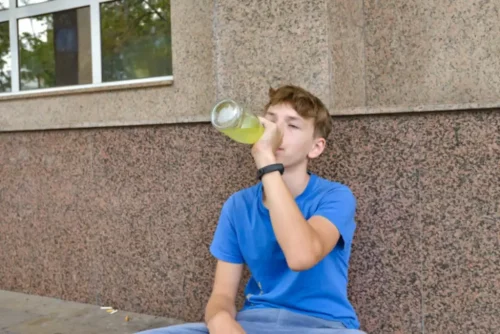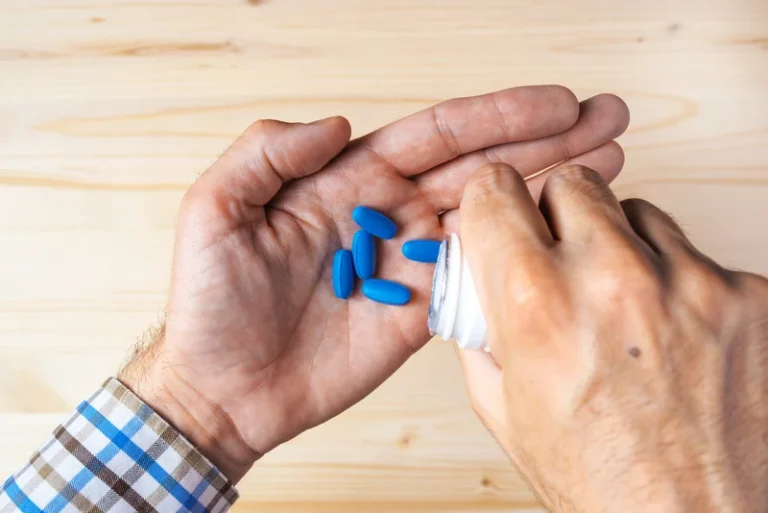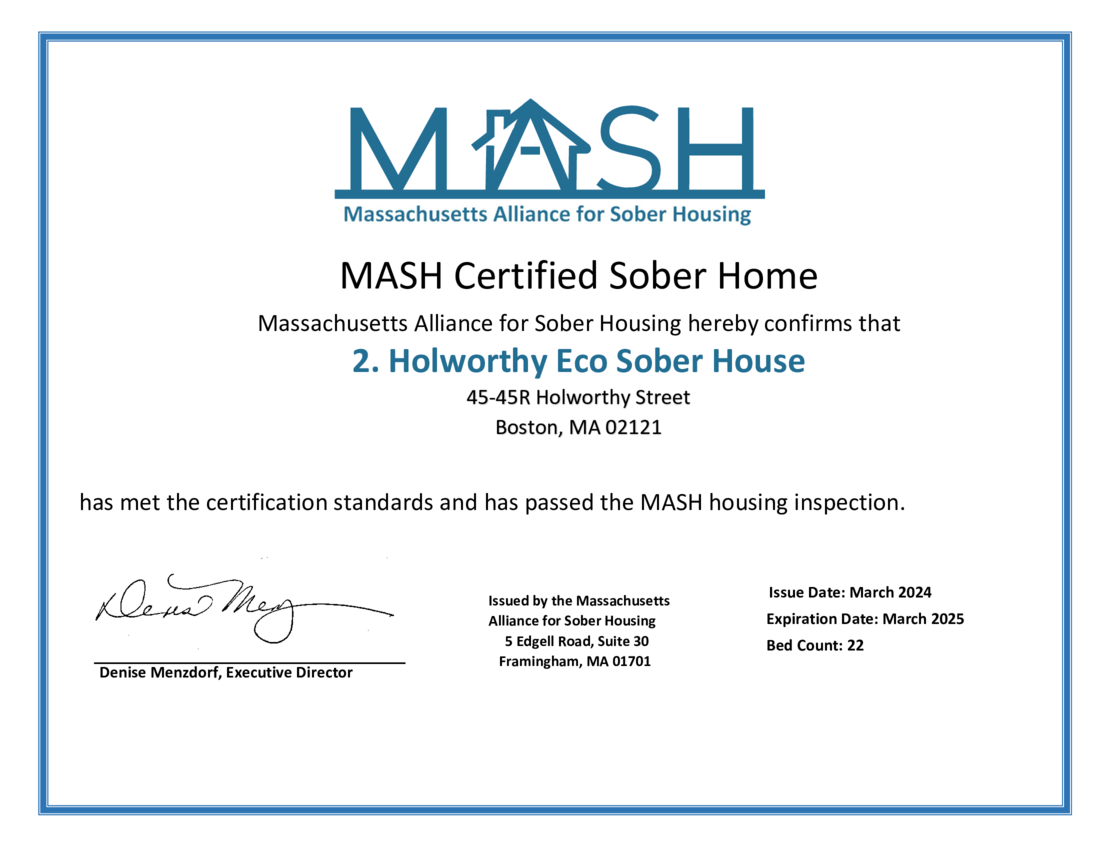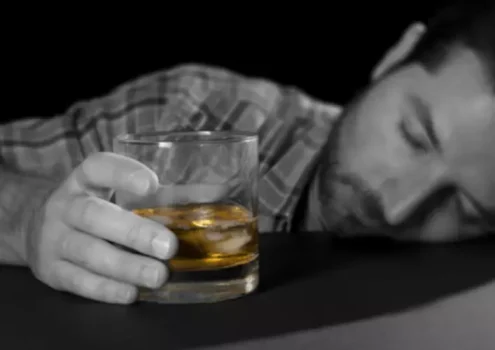Sobriety Strategies: 13 Tips for Staying Sober

So understanding and addressing these fears is paramount. Don’t let your fear of sobriety, your fear of change or your fear of the unknown stop you from living the life you deserve. Yes there will probably be difficult times ahead but there will also be some amazing times, you will experience things that you never thought possible. The three most popular fears among recovery addicts revolve around self-doubt. Most of the time, an addict will put themselves down when they are alone by reminding themselves that they are too deep into an addiction to beat the habit and stay sober.
Stay Cool and Calm
You can set clear goals and take steady, intentional steps toward achieving them. Sobriety allows you to be present in your relationships—emotionally and mentally. Without the distractions or negative behaviors that often fear of being sober accompany drinking, you can foster deeper connections with your family, friends, and loved ones. You’ll find that you’re more empathetic, reliable, and engaged, which strengthens the bonds with the people who matter most.
When You Want to Get Sober in 2019, But You Fear Sobriety
Understanding the complex nature of substance use disorder is crucial in navigating the recovery process. For many people with a substance use disorder, it’s simply a matter of never having learned the appropriate way to manage anger. Talk to your therapist, other healthcare provider, or sponsor about how to deal with your anger in ways that won’t cause you to harm yourself or others or turn to alcohol or drugs. Surround yourself with people who support your sobriety. This could include friends who understand your journey, family members who encourage your choices, or support groups like Alcoholics Anonymous or SMART Recovery.

What is the hardest thing about sobriety?
💙 Start this simple 30-day program on Mindfulness for Beginners to build this supportive habit into your daily life. Whether it’s taking up a sport, diving into arts and crafts, or learning to play a musical instrument, new hobbies can provide a sense of achievement and distraction from cravings. Being at a party or trying to find the perfect romantic partner without alcohol is the stuff of nightmares for many people. Even people for whom alcohol is not a problem experience this. You have to do what is best for you, and you can’t let your anxiety about a sober future prevent you from doing what you need to do.
- Early in my sobriety, I had this fear that I still hold on to today, nearly seven years later.
- Help is usually not so far as all you need to do is make the resolution and then seek a drug rehabilitation center that suits you.
- I don’t fear what people think of me, or if I’m going to fail or succeed, or if the dope man has my favorite drug.
- It’s important to take time to check in yourself and how you’re feeling early on.
- People who are riding high on the recovery wave in the early weeks often make the grave mistake of thinking they don’t need to attend their meetings or see their counselor anymore.
Are You Afraid to Quit Drinking? Facing Your Fear of Sobriety
In particular, you may notice elevated levels of stress, anxiety, and depressed mood after you quit. Every time I tried quitting smoking in the past, I felt like I’d just woken up from a coma ten years into the future. Learning to navigate all your emotions in early sobriety is hard.
Why Do You Have Fear In Recovery?

Call Eudaimonia Sober Living Homes at (888) 424 – 4029 for more information on the admissions process and current room availability. Negative inner chatter about what has gone before and worry about the future is a very common cause of anxiety in sobriety. But, focusing on the guilt of past behaviours or worrying if we will ever feel normal again or what we are going to do, is not helpful, especially in the early stages of sobriety. You will feel better, have more energy, time and confidence but just for now, be where you are. The personal repercussions of addiction can include financial hardship, damaged relationships, and physical and mental health concerns.

Our members have faced many of their fears such as dinner with friends for the first time, going on holiday sober, having a difficult conversation and even dealing with grief and loss. Deciding to go to rehab isn’t easy, and neither is getting sober, but don’t let the fear of recovery hold you or your loved one back from seeing treatment. In this blog, we’ll address some of the biggest anxieties about recovery, and how to move past them into a brighter future.
Fears About Sobriety That Will Sabotage Your Recovery
Feeling guilty or ashamed of past behavior or actions during active addiction is natural and healthy. With your support network, mark milestones in your sobriety, whether they’re days, weeks, months, or years. Celebrating these achievements can boost your morale and reinforce the value of your efforts toward sobriety. Educate your family about your challenges and what you need from them so they know how to support you. Family therapy sessions can also be beneficial, helping to improve communication and resolve any underlying issues that may impact your sobriety. While removing substances from your routine can seem challenging, taking it step by step may help you regain control and even feel empowered.
- Everybody is a little scared when they first get sober.
- Dealing with setbacks or relapses is a common part of the recovery process.
- Some of the immediate changes you will need to make will be obvious—like not hanging around the people that you used with or obtained drugs from.
- Having fear in recovery can be difficult, but it is completely normal.
What is more scary? Taking the step or staying stuck?
For some, the thought of detoxing, working through rehab, and succeeding at recovery scares them. The life of a substance addict can be quite confusing. On the one hand, they could be willing to get better and even take the first steps towards saving themselves.

However, exciting opportunities await when rebuilding one’s life after active addiction, such as rebuilding relationships, finding employment, and managing cravings. It’s essential to stay motivated and keep fighting. If your PAWS is severe or if you’re experiencing prolonged symptoms, seeking help from a medical professional can help you stay on track in your recovery journey and avoid relapse. Did you go overboard during the holidays and bust through the New Year, drink in hand, drugs in hand, only to regret it?


